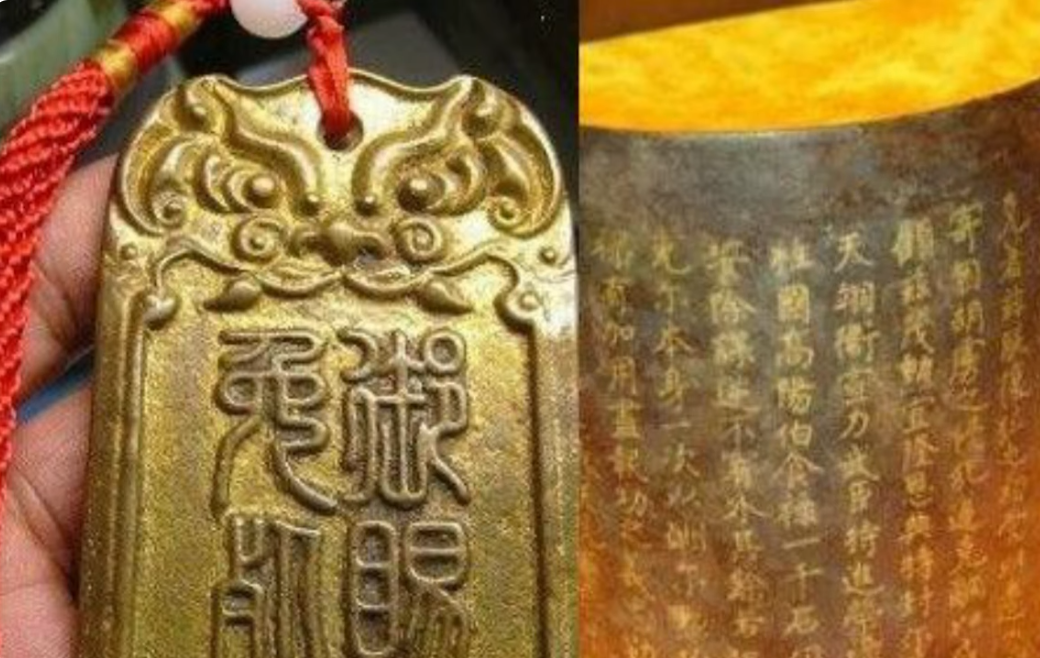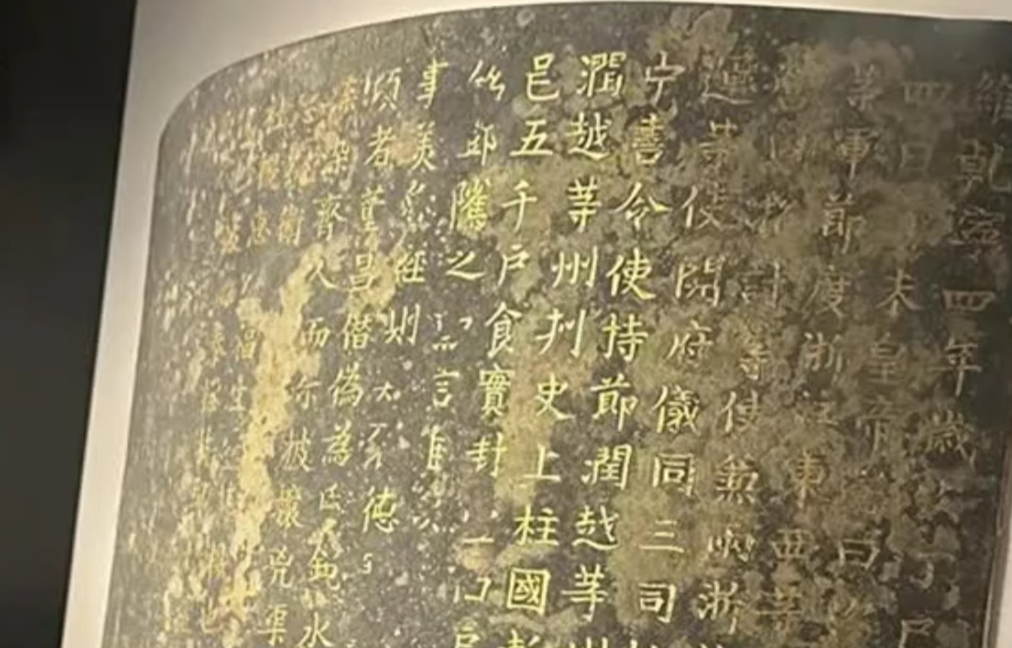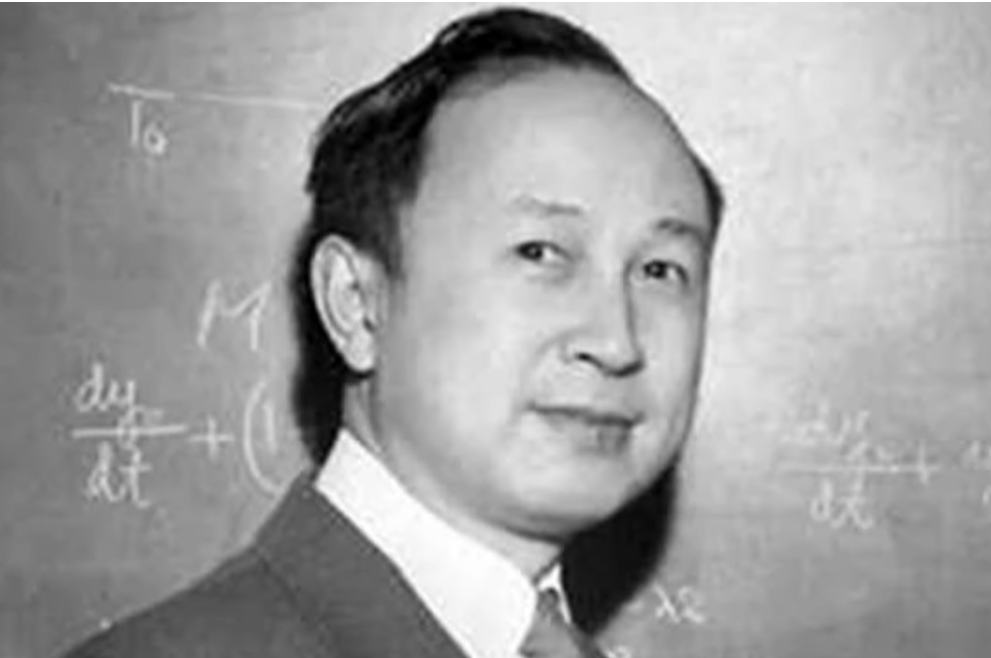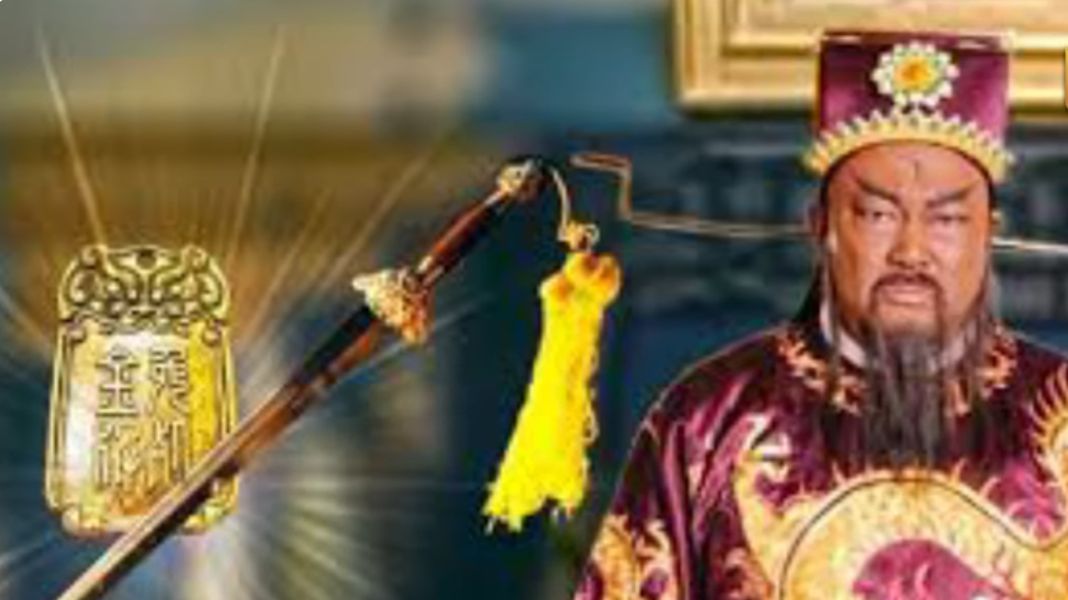The Golden Death Exemption Card can be understood simply as follows. "Kim" means gold, "bài" means card, and "miễn tử" means exemption from the death penalty. The Golden Death Exemption Card is a gold card that ancient kings granted to those who had made significant contributions; it is like a treasure that helps the holder escape the death penalty in certain cases, and it allows the person with the card to be exempt from death, not just for themselves but sometimes even for their family members. Specifically, the Golden Death Exemption Card is used in cases such as escaping the death penalty. If the holder of the card commits a crime, they can present it to plead for mercy.

However, not all crimes can be escaped from; for example, treason, specifically treason against the king, cannot be avoided. When a king grants someone a Golden Death Exemption Card, it means that person is valued for their significant contributions and is given special favor. In the history of feudal China, capable generals or loyal officials who achieved great merits were often granted the Golden Death Exemption Card by the king. This was a way to reward them. In Vietnam, it is said that during the feudal era, high-ranking officials who protected the country also received the Golden Death Exemption Card.
The Golden Death Exemption Card is indeed a card that exempts the holder from death, granting them special privileges from the king, but it cannot always be used at will; it can only be used when a mistake is made, and if one commits treason, the card cannot save them, as illustrated by a story from the Ming Dynasty. When the Ming Dynasty was newly established and the situation was still unstable, Zhu Yuanzhang, wanting to quickly stabilize the situation and reassure the close aides who had accompanied him through life and death, quickly granted them Golden Death Exemption Cards. Not only did he grant the exemption cards and titles, but Zhu Yuanzhang also bestowed upon the families of these meritorious officials numerous lands and the highest positions in the court at that time were all held by the founding heroes.
Among them, those in the highest positions included Li Xianzhang as the Left Chancellor, Xu Da as the Right Chancellor, and Li Wenzhong was appointed Grand Admiral, the highest military position in the court. This not only demonstrated the emperor's favor towards the meritorious officials but also showed that he completely trusted their loyalty. However, it is surprising that many of those meritorious officials who were granted the Golden Death Exemption Card could not escape death. So what was the problem with that exemption card? Was there some hidden truth?
The most typical case is that of the founding hero Li Xianzhang, who was involved in a conspiracy and was sentenced to death for colluding with the traitors. In total, the masterminds and those involved were sentenced to death, amounting to hundreds of thousands of people. Li Xianzhang was one of Zhu Yuanzhang's most capable aides in the fight against the Yuan Dynasty to establish the Ming Dynasty. Li Xianzhang organized the ranks of soldiers to help draft new laws and assisted in compiling the ceremonial documents of the Ming Dynasty.
Li Xianzhang also initiated anti-corruption campaigns aimed at eliminating political rivals, restoring coinage, opening iron foundries, and imposing fish taxes. He generated revenue for the court by suppressing people during this process. Although he was accused as the emperor's disdain for him grew due to his arrogance, Li Xianzhang was still assigned certain military and court tasks.
But as mentioned, Li Xianzhang still received a death sentence. It is said that before being taken to the execution ground, Li Xianzhang presented the Golden Death Exemption Card granted to him by Zhu Yuanzhang, at which point the emperor simply said, "Look closely." It turned out that there was something that these officials had not noticed: on the Golden Death Exemption Card, in the corner of each card, Zhu Yuanzhang had specially engraved the four characters "móu nì bù hǔ," meaning "no mercy for those who plot rebellion," and this inscription was very small. The officials had all committed a grave taboo on the card. Clearly, they were not exempt from the death penalty. Zhu Yuanzhang was indeed famous for being cunning and was an emperor who certainly devised various strategies to prevent others from betraying him, which is something others could not achieve. Among the 34 founding heroes granted titles by Zhu Yuanzhang, only two fortunate individuals escaped death; the rest were executed by bloody curses.
Not long after the establishment of the Ming Dynasty, dozens of founding heroes under Zhu Yuanzhang were gradually purged by this king, and notably, most of them were charged with two very typical crimes. One was treason, and the other was related charges, meaning one person committed a crime and the others were implicated. However, in history, there have been instances where the Golden Death Exemption Card was effectively used, and perhaps the descendants of China should be grateful for this. This is the well-known story of a prestigious family in China, the Qian family, who possessed a Golden Death Exemption Card from the Tang Dynasty, which is the only one remaining in the country to this day and perhaps the only one left in the world.

During the Tang Dynasty, the Tang king granted the Golden Death Exemption Card known as Qian Liu Tie Kuan to a vassal named Qian Liu. Qian Liu later founded the state of Wu Yue, and during the Five Dynasties, the card was passed down to this day and has a very impressive appearance. It is an iron plate, and on the iron plate are golden characters printed; at that time, iron was considered the hardest material, and using golden characters to print on it further enhanced the credibility of the Golden Death Exemption Card. It is known that the Golden Death Exemption Card contains all the titles of Qian Liu and the recognition from the Tang king regarding that.
The court at that time clearly stated that if Qian Liu committed a capital crime, he would be exempted nine times, while his family would be exempted three times. Notably, if both Qian Liu and his family committed a crime, as long as it was not treason, all would be forgiven. During the time that Qian Liu was alive, the Golden Death Exemption Card was carefully kept and not used. Later, the Qian family surrendered to Song Taizu Zhao Kuangyin. At this time, Qian Shuku, the last king of Wu Yue, presented the Golden Death Exemption Card and promised it would be preserved throughout the Song Dynasty. When the Ming Dynasty came, a member of the Qian family committed a serious crime and was executed by Zhu Yuanzhang, and the Qian family presented the Golden Death Exemption Card to plead for mercy.
Zhu Yuanzhang agreed but also removed one character from the card, meaning the Qian family had used it once and could not use it again. During the Qing Dynasty, Emperor Kangxi, hearing this story, was very curious and sent someone to bring the Qian family's Golden Death Exemption Card for him to see. After viewing it, the emperor returned it to the Qian family. During the anti-Japanese period, the Japanese also wanted to see the card, but the Qian family refused. Angered by this, the Japanese military raided the Qian family but could not find it. Later, they brought out the Golden Death Exemption Card from the Tang Dynasty and donated it to the national treasure of China.
Currently, the Qian family is one of the rare families with a thousand years of prestige in China, with 108 descendants being academicians worldwide. Their long-standing tradition is highly admirable, and they are also ranked among the hundred surnames of China, as this is the family of the kings of Wu Yue in ancient times. The teachings of this family are recognized as a national intangible cultural heritage, and indeed, thanks to that Golden Death Exemption Card, the Qian family has survived to this day. This is also very beneficial for the modern history of China.

Among the famous descendants of the ancient Qian Liu is Qian Xuesen, born in 1911 and died in 2009. He is known as the father of China's rocket industry. He was a scientist who made significant contributions to China's space programs and even to the United States, and importantly, he started in the U.S. During World War II, Qian Xuesen participated in the atomic bomb project in the Manhattan Project of the U.S. government and was later appointed as a professor at the university. After the war, he was invited to participate in the research and development of missiles for the U.S. military and was promoted to colonel. In this field, Qian Xuesen achieved great success, becoming a leading rocket expert in the world and earning the respect of the U.S. military science community.
At the end of 1949, after learning about the establishment of the People's Republic of China, Qian Xuesen and his wife were overjoyed and discussed returning home to serve the country day and night. The CIA suspected him, so he was stripped of the right to continue working on secret military research. He was extremely indignant and thought he would rather return home than stay in the U.S. under such circumstances. He then decided to return to China, but in reality, he was detained on Terminal Island near Los Angeles.
After five years of house arrest, he was released in 1955 in exchange for American pilots captured during the Korean War being repatriated. Everything has its price; upon being informed by the U.S. government of his release, he immediately arranged to leave and return to China on a ship. Through the gateway of Hong Kong, he returned to lead China's missile program and became known as the father of China's rocket industry or sometimes referred to as the king of rockets.
